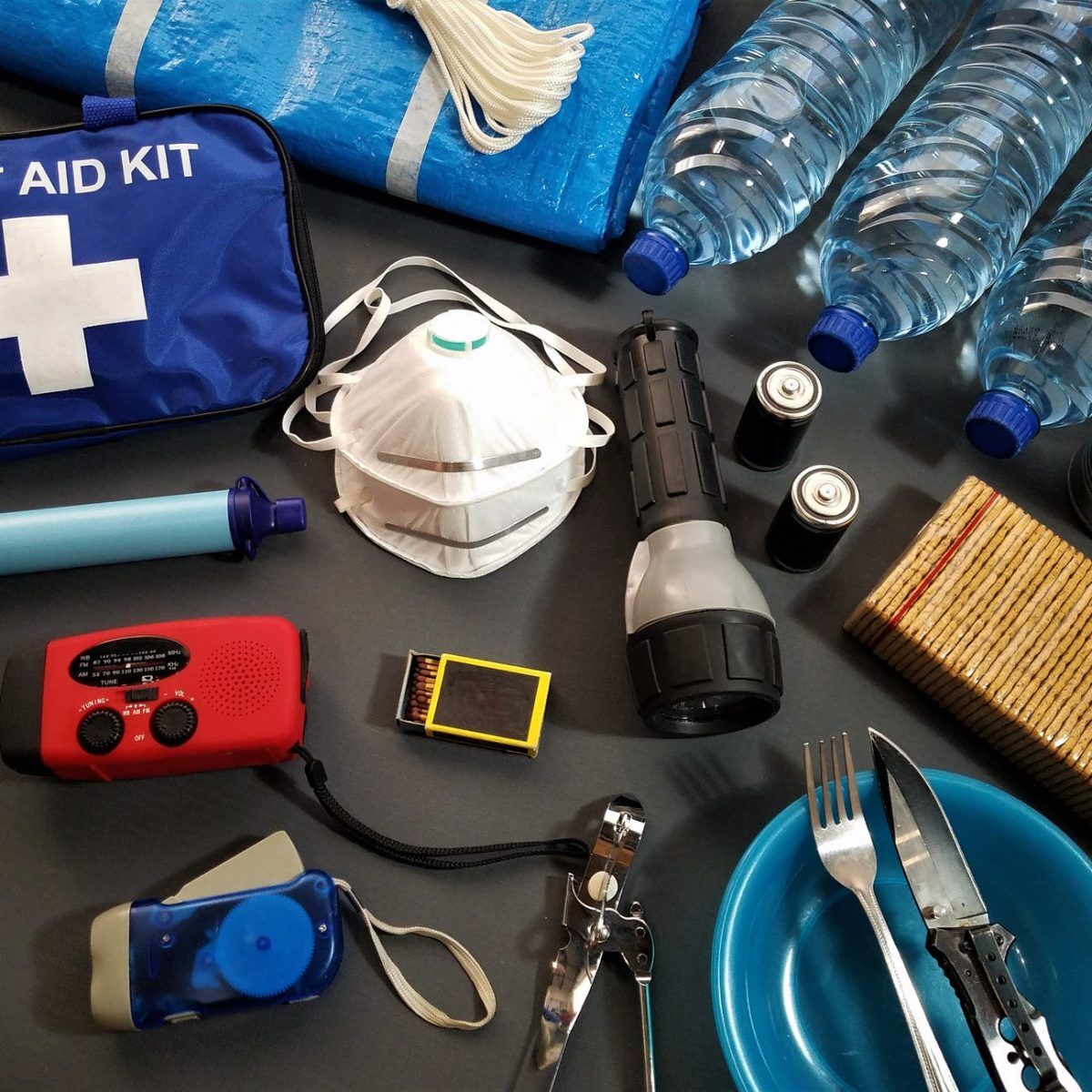
Photo by Roger Brown on <a href="https://www.pexels.com/photo/first-aid-and-surival-kits-5125690/" rel="nofollow">Pexels.com</a>
May 1st through May 7th is Emergency Preparedness Week, and the Eastern Ontario Health Unit (EOHU) is reminding you to ensure you and your family are ready in case of emergency. There may be little to no warning before an emergency, so it is important to be prepared ahead of time. Know the types of emergencies your area is at risk for, have an emergency plan and keep emergency kits in accessible areas.
“Often, in the event of an emergency, there isn’t time to gather things, or discuss what to do next. Having kits and plans in place saves valuable time.” says Dr. Paul Roumeliotis, Medical Officer of Health at the EOHU. “Situations can go from normal to dangerous very quickly and being prepared and knowing what to do can prevent injury and even save lives”
Emergencies may require you to evacuate your home quickly, or shelter in place, depending on the situation. Everyone in your household should know the emergency plans, including evacuation routes from your home and neighbourhood, emergency contact information, and meeting points if you become separated.
Depending on the emergency, you may not have access to food, fresh water, and other amenities like electricity, and first responders may not be able to assist you right away. Emergency kits stocked with survival essentials prepare you to be self-sufficient for at least 72 hours, and should be stored in easy to access areas, in both your home and your car.
Some items all emergency kits should contain include:
- Photocopies of important documents (government ID, insurance, bank records etc.)
- 4 litres of water per person, per day, for drinking, cleaning, and hygiene
- Non-perishable foods
- First aid kit
- Battery-operated or wind-up flashlight
- Battery-operated radio
Be sure to check your kits annually and rotate out the food and water to ensure nothing is past its expiry date.
More information on how to prepare for emergencies can be found at www.getprepared.gc.ca and https://www.ontario.ca/page/be-prepared-emergency.










